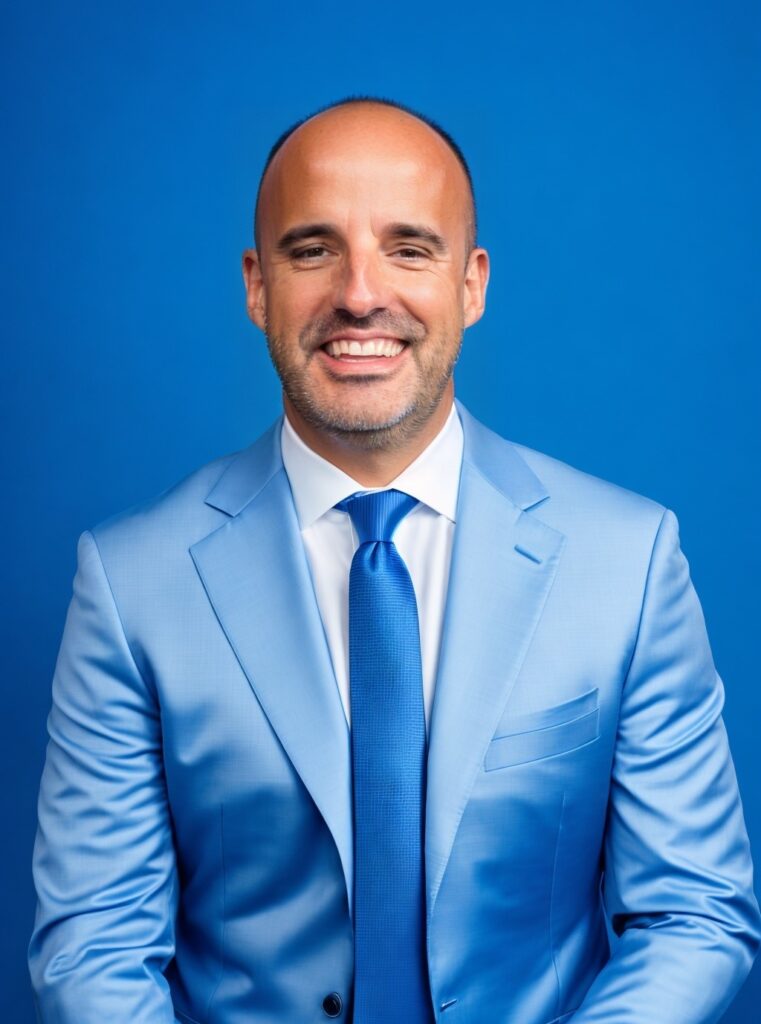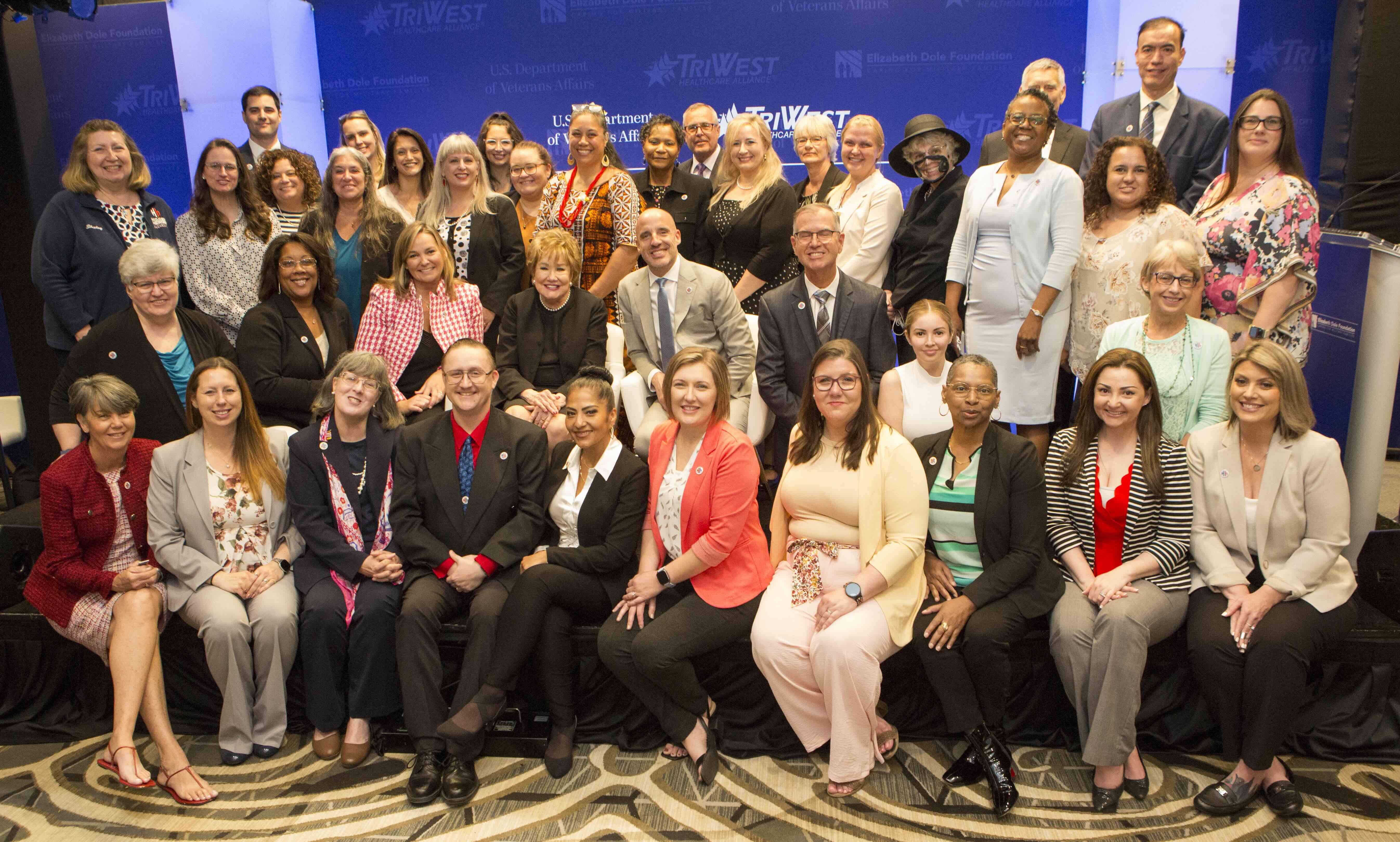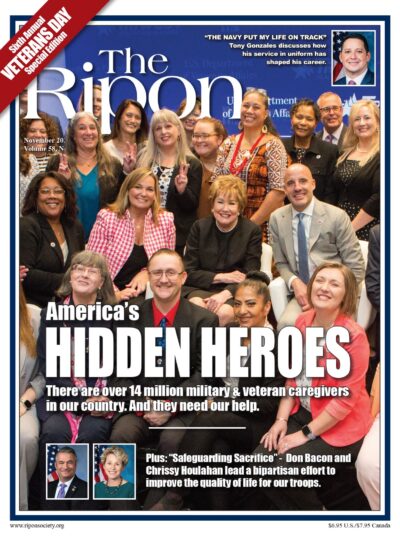
As a nation that has relied on an all-volunteer military for more than 50 years, we have the inherent responsibility to do all that we can to care for those who serve. However, a new study commissioned by the Elizabeth Dole Foundation reveals that the United States has been pushing the promise of that care onto the families and friends of wounded, ill, and injured service members and veterans, often at a terrible personal cost.
America’s Military & Veteran Caregivers: Hidden Heroes Emerging from the Shadows, released by RAND in September, reports that 14.3 million Americans, representing 5.5 percent of all U.S. adults, care for someone who served. These military and veteran caregivers live in communities across America, concentrated in the same regions where most Americans live. More often they are women, though only by a slight majority. Twenty-five percent care for someone 60 years old or younger, making up a segment of this caregiver population that is more diverse in terms of gender, race, and the nature of their relationship with the care recipient; 27 percent are neighbors and friends, and 31 percent are more distant relatives.
A RAND report released in September found that there are 14.3 million Americans, representing 5.5 percent of all U.S. adults, who care for someone who served.
The responsibilities weighing on military and veteran caregivers are vast. Wounds of war can require these caregivers to assist their loved ones with basic hygiene routines, dressing, eating, and other daily activities. These caregivers are also more likely to care for someone with an invisible wound, such as a traumatic brain injury, PTSD, or substance use disorder. Such unseen costs of war keep caregivers on call around-the-clock, as they help their loved ones through nightmares, memory issues, and confusion.
The near-constant expectations of military and veteran caregiving take a dramatic toll on caregivers’ economic security. Military and veteran caregivers are more likely to be unemployed because of their competing responsibilities at home. RAND estimates that these caregivers sacrifice more than $13,000 in annual out-of-pocket costs due to caregiving and lost household income. For those who have to drop out of the workforce completely, that number can rise into the millions. Stacey Hawley, a 2024 Dole Caregiver Fellow with the Elizabeth Dole Foundation, saw her savings plummet as she took on full-time care of her son. At one point, Stacey resorted to donating her plasma to make ends meet.
Stacey’s experience isn’t unique. Thirty-five percent of military and veteran caregiving households have incomes below 130 percent of the federal poverty line. Of those caring for someone 60 or younger, which includes veterans of the wars in Iraq and Afghanistan, 40 percent are food insecure. We cannot say we are a nation that stands with those who serve if their families are skipping meals to afford their care.
Military and veteran caregivers also report alarming consequences for their mental health. Lynnette Canedy, another Dole Caregiver Fellow, said that she is in a constant state of anxiety because her father’s health is so fragile. She is always worrying about his wound care, monitoring for signs of pneumonia, and waking up multiple times throughout the night to ensure he is safe and comfortable.
RAND found that suicidal thoughts occur more frequently among military and veteran caregivers than non-caregivers. Those providing care to individuals aged 60 or younger were found to need mental healthcare the most. One out of five has considered ending their life in the last year.

Thirty-five percent of military and veteran caregiving households have incomes below 130 percent of the federal poverty line. Of those caring for someone 60 or younger, 40 percent are food insecure.
Unfortunately, the difficulties of caregiving are often shared by children in the household. Almost a quarter of military and veteran caregiver kids needed mental health treatment in the past year but did not receive it — nearly double the rate of civilian caregiver kids and three times the rate of non-caregiver children. A veteran caregiver once shared with me that her teenage son had suicidal thoughts because he felt that she had enough to worry about caring for his dad.
Congress has a clear role to play in responding to this study. For the last year, the Elizabeth Dole Foundation has led a coalition of veteran service organizations in championing the Senator Elizabeth Dole 21st Century Veterans Healthcare and Benefits Improvement Act. This package of legislation would be life-changing for caregivers of our most catastrophically wounded veterans. Without question, its wide-ranging provisions would also rescue hurting military families and save lives.
The Department of Veterans Affairs can also make strides in its caregiver support, building on the notable investments it has made over the last decade. One key area for improvement remains including caregivers in their veterans’ healthcare teams. More than 70 percent of military and veteran caregivers feel that they were not listened to or that their input was not sought by their loved ones’ healthcare providers. Such exclusionary practices keep caregivers’ valuable insights from informing their veterans’ treatments and denies critical information to the people overseeing care at home.
In concert with bipartisan government-led efforts, organizations from every sector must join in providing caregiving families the help they need. Among the highest priorities, we must find ways to better identify caregivers who need mental health support and increase access to mental health services and substance use treatment. To do this, we will have to eliminate barriers to access, including limited health insurance coverage and shortages of healthcare providers.
Additionally, we need to build and sustain caregivers’ economic mobility. Leaders should invest in financial literacy and financial planning assistance, promote employment opportunities that accommodate caregiving, and increase uptake of existing government-provided benefits.
Finally, our nation must strengthen support offered to caregiving youth. From educators to healthcare providers, everyone who engages young people must be made aware of the challenges of these young caregivers and how they can offer age-appropriate assistance. Nothing would symbolize our inadequate support of those who served more than if their sacrifices were inherited by the next generation.
Just as America has come together around veterans, we must rally behind their caregivers too. If we continue to leave them unsupported, we will be failing millions of Americans providing an invaluable service to the nation and cutting the greatest lifeline service members and veterans have to quality care.
Steve Schwab serves as CEO of the Elizabeth Dole Foundation.




